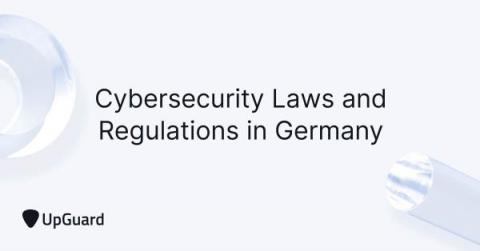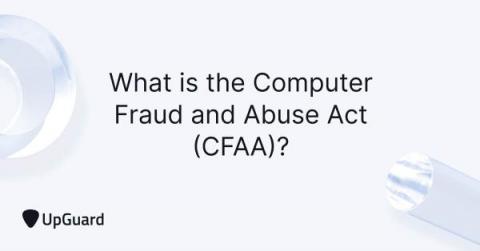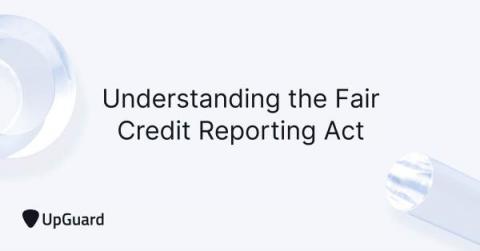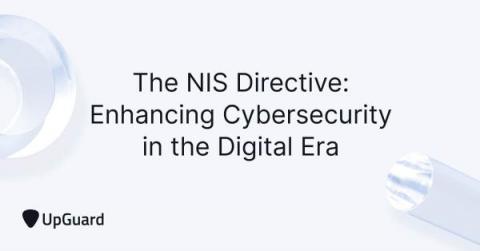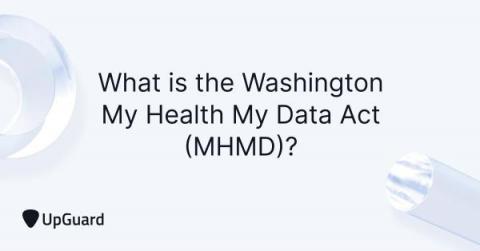Cybersecurity Laws and Regulations in Germany
While there is no unitary law for cybersecurity and data protection in Germany, the cyber security landscape is held together by a combination of federal and European laws and regulations. Like every European country, Germany’s data protection is governed and enforced by the strict EU-GDPR.


